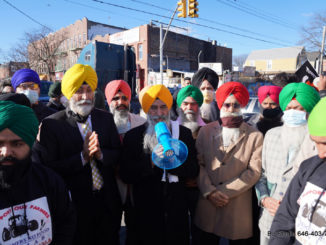
The lessons learnt from the Indo-Pak joint statement at Ufa finally produced a breakthrough in Islamabad. The clincher was the hush-hush meeting in Bangkok. It produced a joint statement clearly spelling out all issues both sides plan to discuss. As in Bangkok, the Ufa statement had all the ingredients to move the dialogue process forward. But it failed to clearly spell out that “all outstanding issues” also meant Kashmir. The Indian media, present in strength in Ufa, immediately hailed – with a gentle nudge from South Block – the statement as a victory for India. This foray into a kind of triumphalism triggered an opposite reaction in Pakistan. And that terminated the Ufa breakthrough. Two other opportunities went abegging because India drew red lines that Pakistan could not have honoured.
This time the dialogue platter has more subjects than the comprehensive dialogue process that began in 1997. It endured despite being buffeted by the Kargil conflict in 1999, the Parliament House attack in 2001 and a change in government in 2004. But the Mumbai attacks finally killed the spirit behind it just when a breakthrough was imminent. This time, statements by leaders from both countries seem to indicate they intend staying the course. Foreign Minister Sushma Swaraj promised to move at a pace Pakistan is comfortable with and Pakistani Prime Minister Nawaz Sharif maintained that working for the achievement of a peaceful neighborhood is a “cardinal principle” of Pakistan’s foreign policy.
On a wider geo-political plane, the gesture has travelled far and wide. At hand in Islamabad were high-ranking delegations from 18 countries, assembled to bring closure to the Afghan conflict. Thus the filling of the Indo-Pak breach raises India’s stock for responding to Pakistan’s overtures despite no movement to accelerate the trial of its citizens accused of masterminding the Mumbai attacks. If carried forward with perseverance, it will not just outflank the spoilers in India and Pakistan, but Afghanistan as well. The NSAs of both countries now need to put the rowdier elements under strict vigilance to maintain a conducive environment.





Be the first to comment